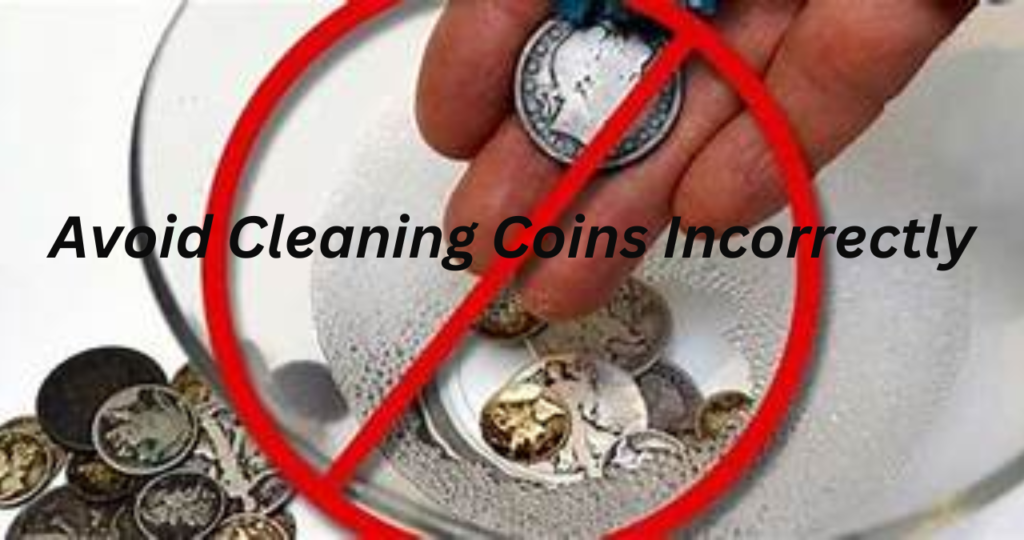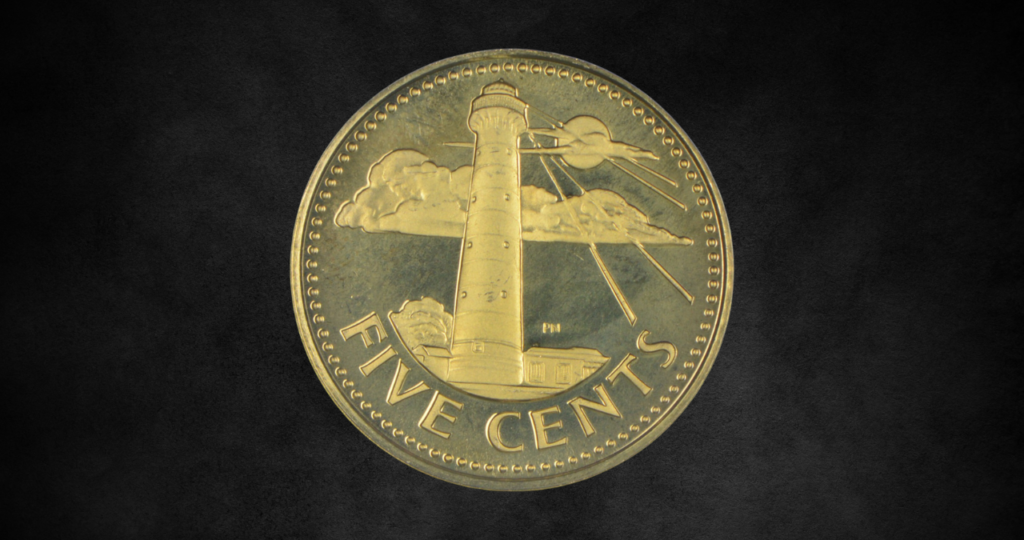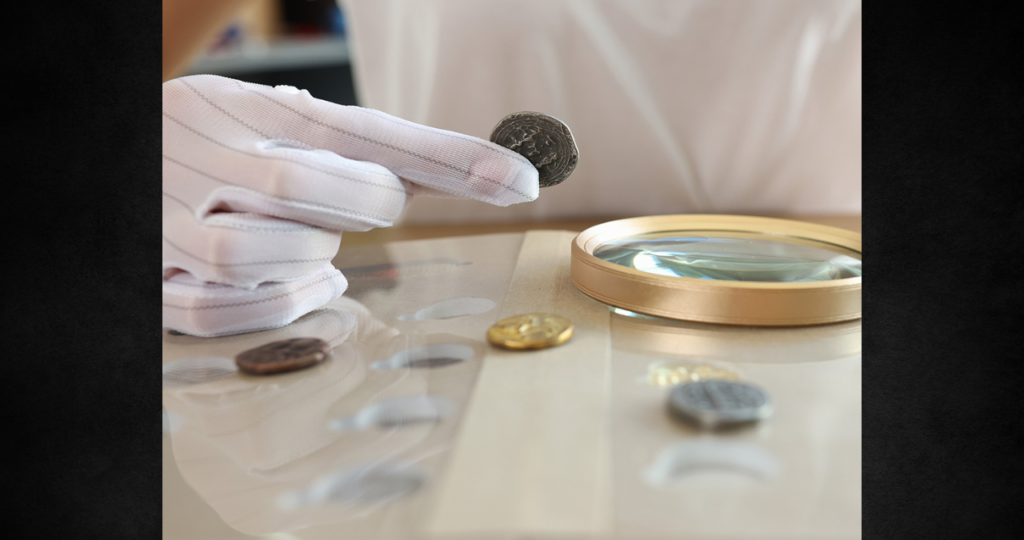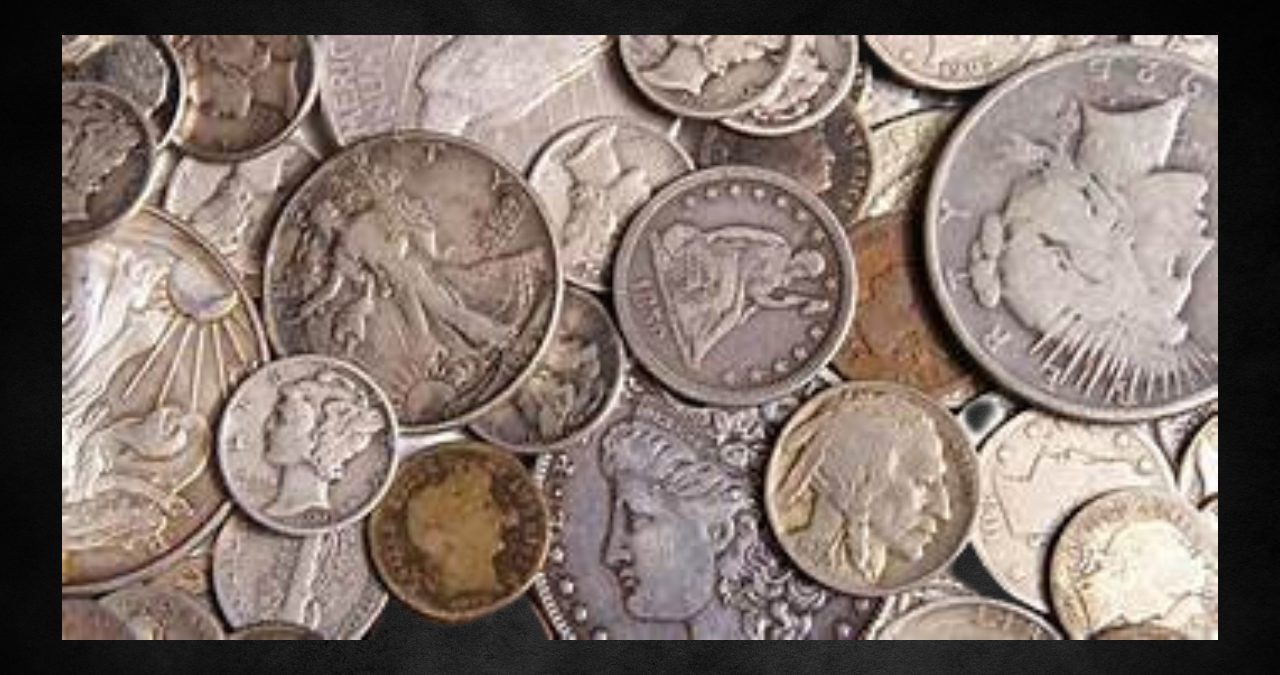Getting into coin collecting can be exciting, but it’s easy to make mistakes when you’re starting. Here are some of the top mistakes new collectors should watch out for and tips to keep your collection safe and valuable.
Expert Guide: How the 1850-D Liberty Head Coin Became a Collector’s Dream!
Avoid Cleaning Coins Incorrectly

Cleaning old coins may seem like a way to enhance their appearance, but it often does more harm than good. Harsh chemicals and abrasive solutions can ruin a coin’s surface, especially for silver coins, leading to a significant drop in value. Even handling coins with bare hands can leave oils that cause long-term damage. Always use gloves to handle rare coins, and avoid cleaning unless you’re guided by an expert.
Be Cautious of Low Mintage Hype
Many collectors are drawn to coins labeled “low mintage” or “extremely rare,” but it’s important to research these claims. Low mintage doesn’t always equal rarity or value. To make smart investment decisions, look up details about specific coins before buying them.
Steer Clear of Unreliable Advice
Similar to the stock market, following unverified tips in coin collecting can be risky. Unless advice comes from a reputable expert, such as the Numismatic Guaranty Corporation (NGC) or Professional Coin Grading Service (PCGS), it’s better to be cautious. Accurate market trends in coins are unpredictable, so always do your own research.
Unveiling the 1942 Walking Liberty Half Dollar Proof: A Rare Gem for Coin Enthusiasts
Avoid Impulse Buying

Buying coins impulsively can lead to regret later on. Learning about the authenticity, significance, and pricing of coins takes time. Ask yourself questions: Is the coin real? Does it have historical value? What is a fair price? Answering these will help you avoid purchasing coins you’ll regret later.
Watch Out for Fake Coins
Some counterfeit coins look convincing, especially when placed in tamper-proof cases. Buying from reputable sources like NGC, PCGS, or American Numismatic Association Grading Service (ANACS) can protect you from fraud. Avoid buying coins from unofficial sources or places with questionable reliability.
Don’t Fall for TV Deals
Infomercials on TV may advertise coins as rare deals, but these claims are often misleading. Marketing costs are added to the price, making these coins more expensive than their actual value. Even if these coins come with certification claims, it’s wise to verify the condition and authenticity with trusted sources before buying.
$5 Million for a Quarter? The Unique Bicentennial Coin Collectors Are Hunting For
Avoid Limited Research

Coin collecting, like any investment, requires knowledge and understanding. Simply knowing a few popular coins isn’t enough. Expand your knowledge of numismatics—the study of coins—to make informed decisions. Reputable blogs by NGC, PCGS, and other mints can be valuable resources for deeper learning.

